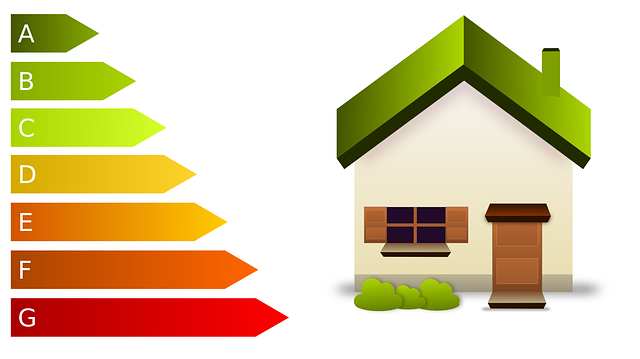
Renovating your home presents an opportunity not only to improve its functionality and aesthetic appeal but also to make it more sustainable. By integrating eco-friendly options into your remodel, you can reduce your environmental impact while also enhancing your home’s value and comfort. Below are some unique strategies to consider when embarking on a green renovation journey.
Start with Energy Efficiency
Energy efficiency should be the cornerstone of any eco-conscious renovation. Begin by addressing insulation. High-performance insulation, such as cellulose made from recycled materials, helps maintain indoor temperatures without over-reliance on heating or cooling systems. Consider upgrading your windows to double or triple-pane models with low-emissivity coatings to reduce heat transfer. Installing energy-efficient appliances and LED lighting will further lower energy consumption, creating long-term savings.
Opt for Sustainable Materials
Building materials play a significant role in the ecological footprint of your renovation. Seek out sustainably sourced options, such as bamboo or reclaimed wood for flooring and cabinetry. For countertops, materials like recycled glass or composite quartz offer durability with minimal environmental impact.
Harvest Renewable Energy
Integrating renewable energy systems can transform your home into a self-sufficient powerhouse. Solar panels are a popular choice, but you can also explore wind turbines or geothermal systems, depending on your property’s location and characteristics. Pairing these systems with energy storage solutions, like home batteries, maximizes their efficiency and reliability.
Focus on Water Conservation
Water-saving fixtures, such as low-flow faucets, dual-flush toilets, and aerated showerheads, are essential for an eco-friendly home. Rainwater harvesting systems allow you to collect and reuse water for landscaping or even household use with proper filtration. Permeable paving in driveways and patios also helps manage stormwater runoff, reducing strain on local infrastructure.
Incorporate Smart Technology
Smart home systems go hand-in-hand with eco-friendly renovations. Programmable thermostats, smart lighting, and irrigation controls optimize energy and water use based on your household’s patterns. Over time, these systems provide valuable data to help you fine-tune your resource usage.
Don’t Overlook Landscaping
An eco-friendly renovation extends beyond the walls of your home. Replace traditional lawns with native plants that require minimal watering and maintenance. Incorporating trees or green roofs can improve insulation and reduce cooling costs, while also providing habitats for local wildlife.
Every decision in a renovation project has ripple effects. Careful planning and informed choices will ensure that your home is both eco-friendly and enduringly beautiful.


Recent Comments